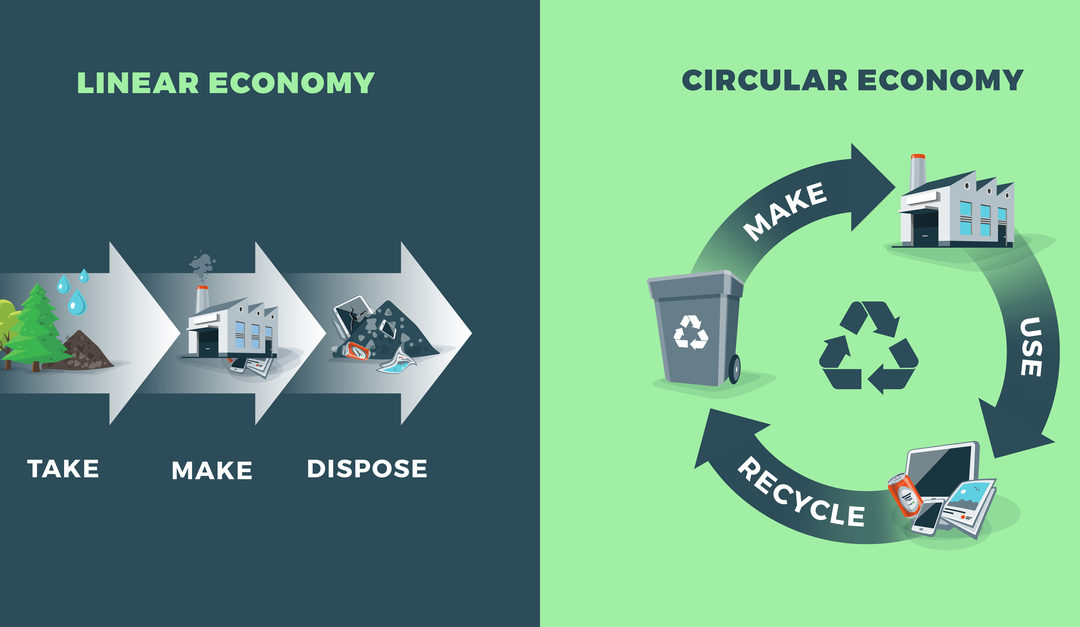Historically, the manufacturing process has been linear: make it, use it and then dispose of it. Consumers expect a product to have a defined lifespan.
The circular economy is designed to remove the throwaway concept so that waste is eradicated entirely or hugely minimised. The circular economy focuses on restoration and regeneration, impacting on the production of goods and business strategy. Manufacturing prioritises the elimination of waste, recycling and renewability, promoting a more sustainable future.
Marcel Kooter works to shift emphasis from a linear to a circular economy. The emphasis is on re-using, recycling and re-forming rather than simple disposability.
Eliminating Waste
The concept of the circular economy pivots on the reduction, if not total elimination, of waste. The focus is on everything surrounding a product, including packaging. Re-use is at the heart of the circular economy and is implemented at the design stage. Products are designed to be re-used rather than as an afterthought. Less waste means less damage to the environment.
Durables Vs. Consumables
A circular economy necessarily responds differently to consumable products and durable products.
Consumables are manufactured with ethically produced raw materials and ingredients that have been sourced responsibly. They are managed without the addition of toxic chemicals, supporting their return to the biosphere when their use is complete.
Durable products, by definition, are manufactured with components that cannot be returned to the environment. The design process therefore focuses on the recycling profile of these goods and their reusability.
Producing Sustainable Energy
The tenets of a circular economy also prioritise the amount and type of energy used to make specific products. Circular economies are about all the elements of production from the drawing board, to dispatch, to the end user.
Circular economies endorse the use of renewable energy sources, an environmental ‘big tick’ both in terms of the planet and the informed consumer. This also protects the manufacturing process from interruptions such as oil shocks, which can detrimentally impact output and cost.
By supporting a circular economy, scarce natural resources are protected and preserved, and the environmental impact is minimised on a global scale.

